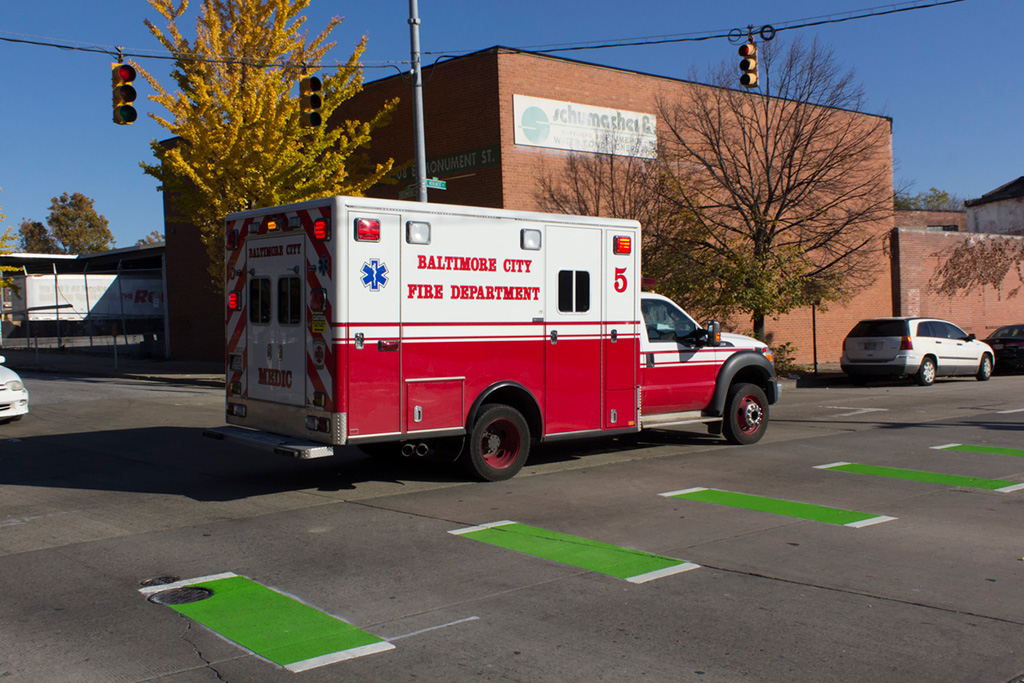Pandemic flu. Resource management. Medical surge. Contaminated water. Emerging diseases. Opioids. The role of public health is evolving, and CHHS is here to provide expertise to those responding to health threats, whether at the local, state, or regional level, in a public role or a private role. From making legal and policy choices, to providing planning expertise in the field or office, to testing response plans, to facing novel health questions, CHHS is helping redefine public health emergency response.
Public Health

Strengthening Public Health Preparedness
Richard Goddard, Program Chief, Public Health Emergency Preparedness, Office of the Health Officer
Services Include
Explore the most common public health services.
Medical surge capacity refers to the ability to evaluate and care for a markedly increased volume of patients—one that challenges or exceeds normal operating capacity.
Infectious disease planning is the process of preparing for, responding to, and recovering from outbreaks of contagious diseases. It involves developing strategies to prevent spread, ensure healthcare capacity, coordinate communication, and maintain essential services to protect public health and safety.
CHHS assists Long Term Care Facilities (LTCFs) in emergency preparedness through planning assistance, trainings and exercises.
Opioid response planning involves developing strategies to prevent and address opioid misuse, addiction, and overdose. It includes coordinating public health, healthcare, law enforcement, and community efforts to expand treatment access, promote prevention, support recovery, and reduce opioid-related harm.
Emergency-centric legal handbooks are effective resources which cover topics such as executive emergency powers, governmental liability and immunity, and subject areas like public health and environmental safety.
A resource management plan addresses the type, quantity, and location of resources that an agency would require to execute an effective emergency response. It also includes gaps, capabilities, cost and procurement information.
An Alternate Care Site (ACS) Plan creates Standard Operating Procedures (SOPs), for the establishment and operation of a medical treatment facility in a non-traditional setting during a public health crisis. This Plan can include SOPs for opening/operating the ACS as well as a plan for storage, inventory, rotation and maintenance of materials.
CHHS produces research on best practices for public health response.
CHHS supports organizations by analyzing training needs, developing customized training curricula, facilitating sessions, and creating multi-year training and exercise plans. CHHS also designs and evaluates HSEEP-compliant exercises—ranging from drills to table-top to full-scale exercises—to test plans, identify strengths and gaps, and develop After-Action Reports and Improvement Plans. CHHS further assists with implementing improvements based on exercise outcomes.
Interested in working with us?
Don’t see what you’re looking for? Reach out to us at chhs@umaryland.edu to discuss your specific needs.



